SUMMARY
This is AI generated summarization, which may have errors. For context, always refer to the full article.
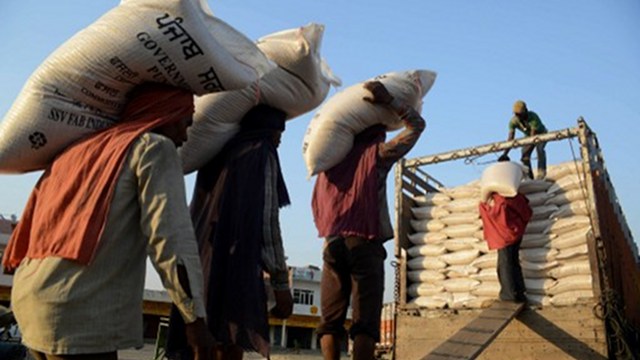
NEW DELHI, India – Indian President Pranab Mukherjee gave his assent on Friday, July 5, to a landmark food welfare program targeting the “poorest of the poor”, the government announced.
“The president has signed the ordinance,” a senior food ministry official told AFP, two days after the cabinet sent the National Food Security measure to Mukherjee.
The approval meant the decree came into law immediately but it must eventually be approved by parliament.
The multi-billion-dollar populist program is the largest in the world, offering subsidized grains to nearly 70% of the population, or more than 800 million people.
“The food security bill has special focus on the needs of the poorest of the poor, women and children,” the ministry said in statement mailed to AFP.
“Up to 75% of the rural population and up to 50% of the urban population will have uniform entitlement of 5 kilos per month at highly subsidized prices,” it added.
The flagship program has been pushed by the head of the ruling Congress party, Sonia Gandhi, who has insisted on honoring a 2009 election pledge.
The measure would increase the annual food subsidy bill to 1.2 trillion rupees or $20 billion, the statement said.
The measure is considered key to the Congress-led coalition’s fortunes in elections next year.
The bill had been expected to be cleared by lawmakers in parliament in February, but it was never introduced due to opposition protests.
Opposition parties have attacked the government for ramming the measure through by decree, saying there has not been enough discussion of its effect on prices and on farmers who must produce more food.
Food prices have soared in India over the last 7 years, causing increased hardship in a country that still struggles to feed its 1.2 billion population adequately despite impressive economic growth over the last two decades.
Critics of the food program also say that India can ill-afford such a costly subsidy at a time of slowing economic growth and when credit ratings agencies are eyeing the country’s large deficit.
Indians categorized as below the poverty line can already receive subsidized kerosene, cooking gas, fertilizers or wheat through what is the world’s biggest public distribution system.
But the chaotic welfare programs are notoriously inefficient and riddled with corruption.
But the government sees the bill as addressing one of India’s most intractable problems of malnutrition, which is an embarrassment for an aspiring superpower. – Rappler.com
Add a comment
How does this make you feel?
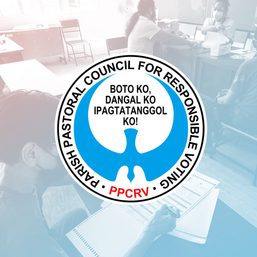


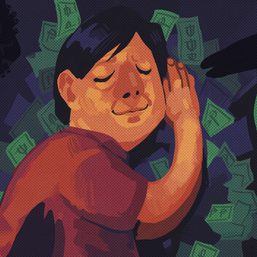
![[PODCAST] Beyond the Stories: Ang milyon-milyong kontrata ng F2 Logistics mula sa Comelec](https://www.rappler.com/tachyon/2021/11/newsbreak-beyond-the-stories-square-with-topic-comelec.jpg?resize=257%2C257&crop_strategy=attention)
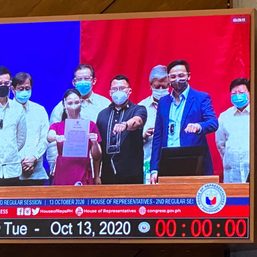
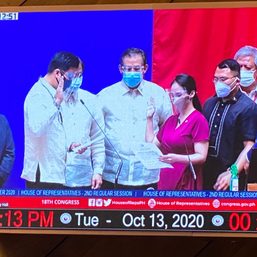
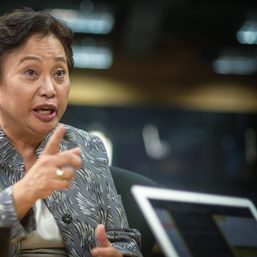
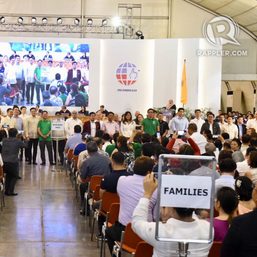


There are no comments yet. Add your comment to start the conversation.